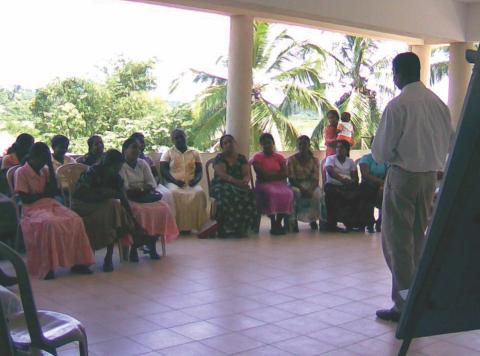Research Findings
Related Topics
Access to Finance
Without access to external finance, individuals and firms cannot realize their full growth potential. IPA's research informs and evaluates programs designed to reduce the risk and cost of lending.
Access to Markets
The EPSD Program rigorously evaluates the best ways to integrate LMIC firms into high value-added global and domestic supply chains and investigates the impact of increased market access on firm growth and employment.
Human Capital & Skills
The EPSD Program investigates the role that managerial capital plays in firm growth, identifying and promoting the most effective ways to improve the skills of entrepreneurs and managers.
Environmental Sustainability
The EPSD Program examines innovative policies with potential to assist firms in adapting to new challenges brought by climate change and enable them to be drivers of green growth and innovation.
Innovation and Technology Adoption
Technological progress is key to increasing productivity, accelerating growth, creating employment, and reducing poverty. The EPSD Program rigorously evaluates interventions that foster technology upgrades and innovation through financial support, information dissemination, and technical assistance.
Women’s Entrepreneurship and Economic Empowerment
The EPSD Program supports research on interventions that address the gender gap in entrepreneurship and business outcomes. These interventions include flexible financing for women-led SMEs, grants, soft-skills training, role models, mentoring, consulting, digital literacy training, and e-commerce platforms.














